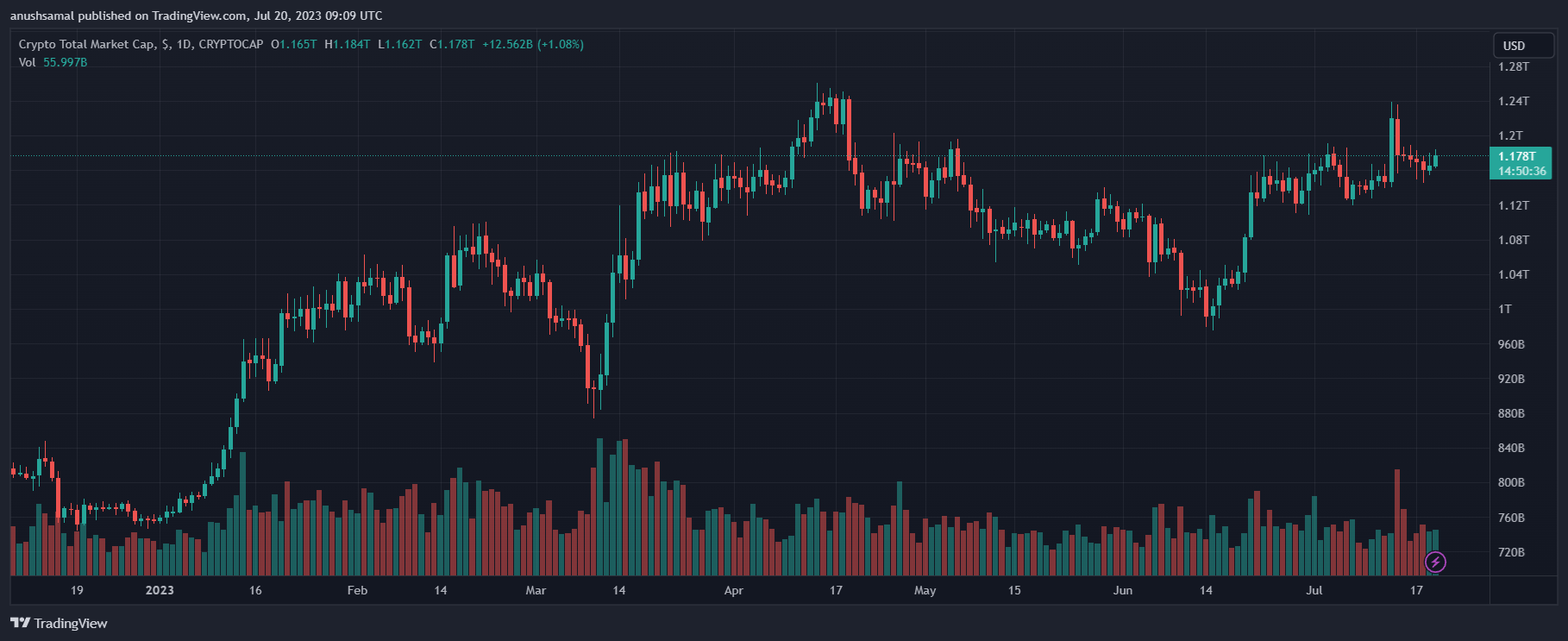Kuwait Ban On Cryptocurrency And Virtual Asset Transactions
Kuwait’s primary financial regulator, the Capital Markets Authority (CMA), has recently released a circular focused on overseeing and authorizing virtual assets within the nation’s borders.
In a collaborative effort, Kuwait’s supervisory bodies, including the Central Bank of Kuwait, the Ministry of Commerce and Industry, and the Insurance Regulatory Unit, have jointly issued the circulars.
The circular reaffirmed the Capital Markets Authority’s (CMA) stance on a complete prohibition of significant applications and activities involving cryptocurrencies, including payments, investments, and mining. It specifically highlights the prohibition of using virtual assets as investment vehicles.
However, the announcement makes it clear that the latest prohibitions do not apply to securities and other financial instruments regulated by the Central Bank of Kuwait and the CMA. Furthermore, the circular explicitly forbids local regulators from granting licenses to firms for offering crypto services as commercial entities.
Related Reading: SEC Chair Gensler Seeks Fresh $109 Million Funding To Regulate Crypto ‘Wild West
The Central Bank of Kuwait has already outlined 46 transactions and procedures concerning companies, banks, and supervised entities, and these transactions cannot be finalized at the Ministry of Commerce and Industry without prior referral to the Central Bank and obtaining its approval.
These new crypto restrictions form a part of a new inter-departmental crypto ban that involves multiple supervisory authorities in Kuwait.
Authorities Warn of Virtual Assets/Cryptocurrency’s Risks, Cite Unregulated Status
The authorities emphasize the risks of dealing with virtual assets due to their unregulated status and absence of government backing. The reason was these assets’ prices are often influenced by speculation, making them vulnerable to significant declines.
The CMA stated:
It is not linked to any asset or issuer, and that the prices of these assets are always driven by speculation that exposes them to a sharp decline.
In addition to the prohibitions, the CMA mandated customers to exercise caution and remain aware of the risks linked to virtual assets.
The regulator has previously cautioned citizens about the risks associated with volatile and unregulated cryptocurrencies, stating that violations of the prohibitions would lead to penalties. These penalties for violating Kuwait’s Anti-Money Laundering laws are specified in Article 15 of Law No. 106 of 2013.
The recent circulars were issued in alignment with the findings of the study prepared by the National Committee for Combating Money Laundering and Financing of Terrorism.
The CMA also cited the conclusions of a study by the National Committee for Combating Money Laundering and Financing of Terrorism, which underscores the commitment to implementing Recommendation 15 by the Financial Action Task Force (FATF).
While countries are obligated to implement measures to prevent money laundering and comply with the FATF’s travel rule, which necessitates crypto firms to collect and share data on transactions exceeding a specific threshold, the international watchdog has not mandated countries to ban cryptocurrencies.

Featured image from UnSplash, charts from TradingView.com
